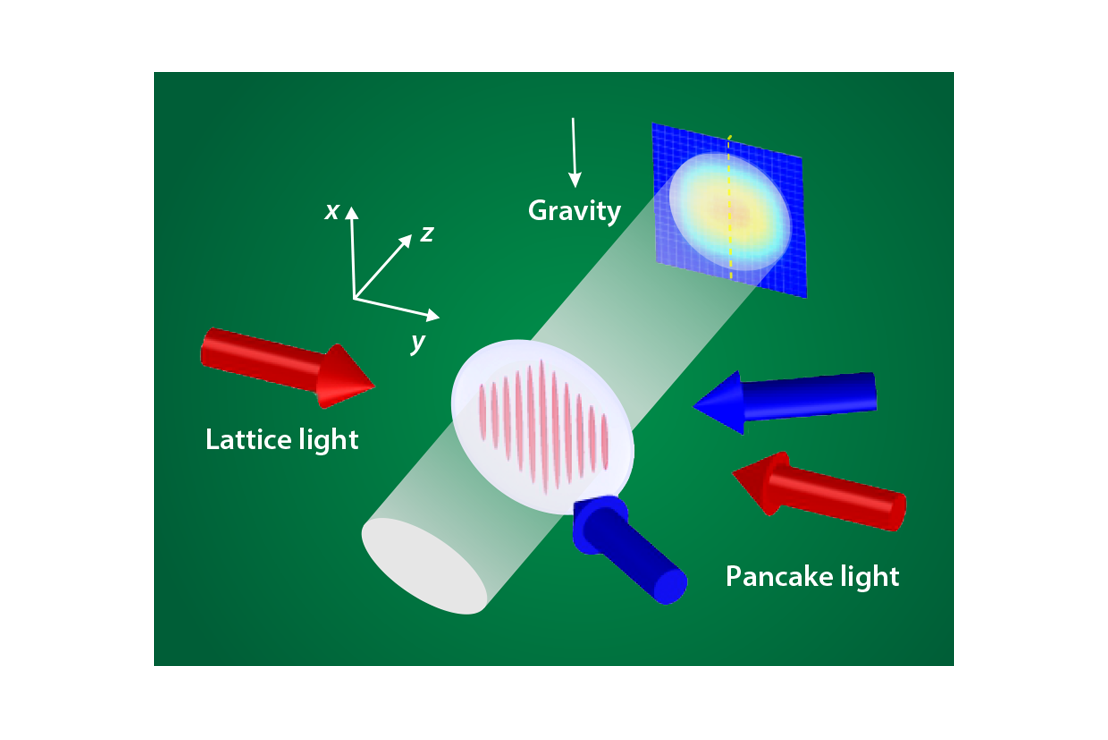
Quantum Optics
Quantum optics is a branch of atomic, molecular, and optical physics dealing with how individual quanta of light, known as photons, interact with atoms and molecules. It studies the nature and effects of light by considering the quantization of atomic systems and the corpuscular nature of light, overcoming classical theories that held it to be only an electromagnetic wave.
Through quantum optics, it is also possible to study the statistics of photons, an analysis that has led to the development of instruments for direct photon detection based on the photoelectric or photovoltaic effect.
The development of ultrashort pulse lasers, generated by Q-switch and mode-locking techniques, enabled the creation of a branch of quantum optics, the study of ultrafast processes.
In quantum optics, lasers are essential tools used to control, manipulate, and measure quantum states of light and matter. The most commonly used lasers in this field include diode lasers, femtosecond lasers, frequency-stabilized lasers, and tunable lasers, each chosen for their precision, stability, and compatibility with quantum systems.
Diode lasers are frequently used for tasks like exciting atoms, cooling and trapping particles, and generating single photons. Their compact size, tunability, and narrow linewidth make them ideal for quantum communication, quantum computing, and quantum sensing setups.
Femtosecond lasers, which emit ultrashort pulses of light, are used in experiments that require precise time resolution, such as quantum coherence studies or ultrafast dynamics. These lasers are key for probing rapid quantum events and performing high-resolution time-domain measurements.
Frequency-stabilized lasers provide the high spectral purity and stability needed for quantum metrology, atomic clocks, and quantum state control. Their stable output allows for consistent interaction with quantum systems, ensuring accurate and repeatable measurements.
Tunable lasers, including dye and external-cavity diode lasers, are used when specific transition wavelengths are needed, especially for working with different atomic or ionic species. These lasers are vital for quantum simulation and precision spectroscopy.
Overall, the type of laser used in quantum optics depends on the specific quantum phenomena being investigated. Diode and frequency-stabilized lasers are common for stable and precise control, femtosecond lasers for ultrafast applications, and tunable lasers for accessing a wide range of quantum transitions.


